Intro
Explore effective Gastroenteritis treatment options, including medication, hydration, and diet changes, to manage symptoms and prevent complications, with a focus on digestive health and intestinal balance.
Gastroenteritis, commonly referred to as the stomach flu, is a highly contagious and uncomfortable condition that affects millions of people worldwide every year. It is characterized by inflammation of the stomach and intestines, leading to symptoms such as diarrhea, vomiting, abdominal pain, and fever. While it can be caused by a variety of factors, including bacteria, viruses, and parasites, the treatment options for gastroenteritis are often similar, focusing on relieving symptoms and supporting the body's natural recovery processes. Understanding the various treatment options available is crucial for managing the condition effectively and preventing complications.
The importance of seeking appropriate treatment for gastroenteritis cannot be overstated. If left untreated, the condition can lead to severe dehydration, especially in vulnerable populations such as children, the elderly, and individuals with compromised immune systems. Dehydration can exacerbate symptoms and lead to more serious health issues, making timely and effective treatment essential. Furthermore, some cases of gastroenteritis may require specific medical interventions, such as antibiotic therapy for bacterial infections, highlighting the need for a proper diagnosis and treatment plan.
Gastroenteritis can significantly impact an individual's quality of life, causing missed workdays, school absences, and a general feeling of unwellness. The economic burden of gastroenteritis is also substantial, with costs associated with medical care, lost productivity, and other indirect expenses. Therefore, it is vital to explore the various treatment options available for managing gastroenteritis, from self-care measures and over-the-counter medications to prescription therapies and, in severe cases, hospitalization. By understanding these options, individuals can better navigate their treatment journey and work towards a swift and full recovery.
Gastroenteritis Symptoms and Diagnosis
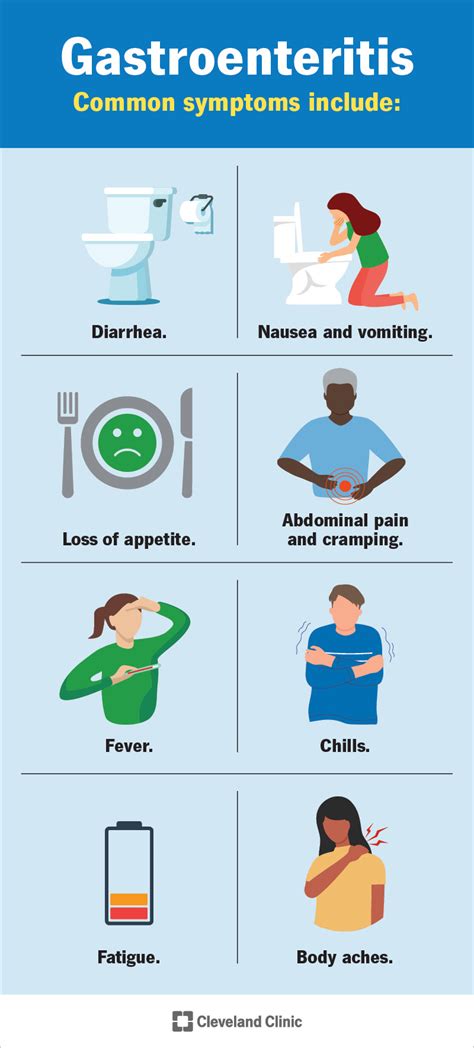
Common Causes of Gastroenteritis
The causes of gastroenteritis can be broadly categorized into infectious and non-infectious factors. Infectious causes include viral, bacterial, and parasitic pathogens. Viral gastroenteritis, often caused by norovirus or rotavirus, is highly contagious and can spread through close contact with an infected person, contaminated food or water, or by touching contaminated surfaces. Bacterial gastroenteritis can result from the ingestion of contaminated food or water, with common culprits including Salmonella, E. coli, and Campylobacter. Parasitic infections, such as Giardiasis, can also lead to gastroenteritis, typically through the consumption of contaminated water.Treatment Options for Gastroenteritis
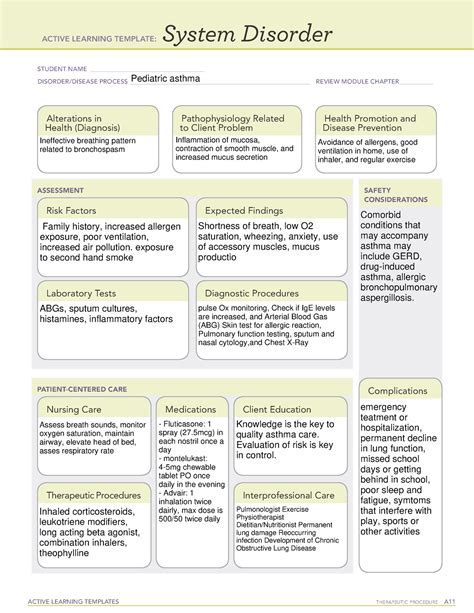
Self-Care Measures
Self-care measures are crucial in the management of gastroenteritis. These include: - Staying hydrated by drinking plenty of fluids, such as water, clear broths, and electrolyte-rich beverages like sports drinks. - Following a bland diet, known as the BRAT diet, which includes bananas, rice, applesauce, and toast, to help firm up stool and reduce nausea. - Getting plenty of rest to help the body recover. - Practicing good hygiene, such as frequent handwashing, especially after using the bathroom and before eating, to prevent the spread of infection.Medications for Gastroenteritis
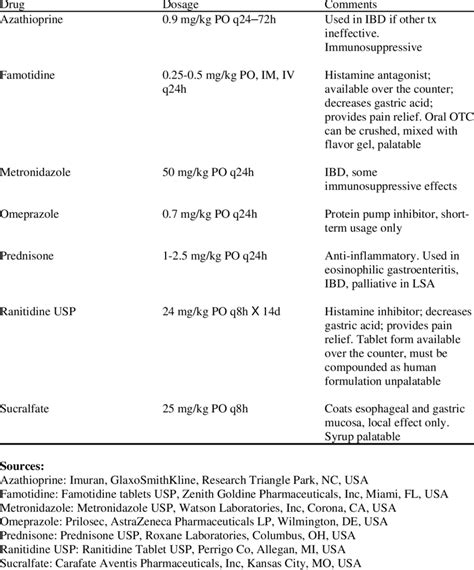
Role of Probiotics in Gastroenteritis Treatment
Probiotics, which are live microorganisms that confer health benefits when consumed, have been studied for their potential role in treating gastroenteritis. Some research suggests that probiotics can help reduce the duration and severity of symptoms, particularly in children. However, the evidence is not yet conclusive, and more research is needed to fully understand the benefits and limitations of probiotics in the treatment of gastroenteritis.Severe Cases of Gastroenteritis
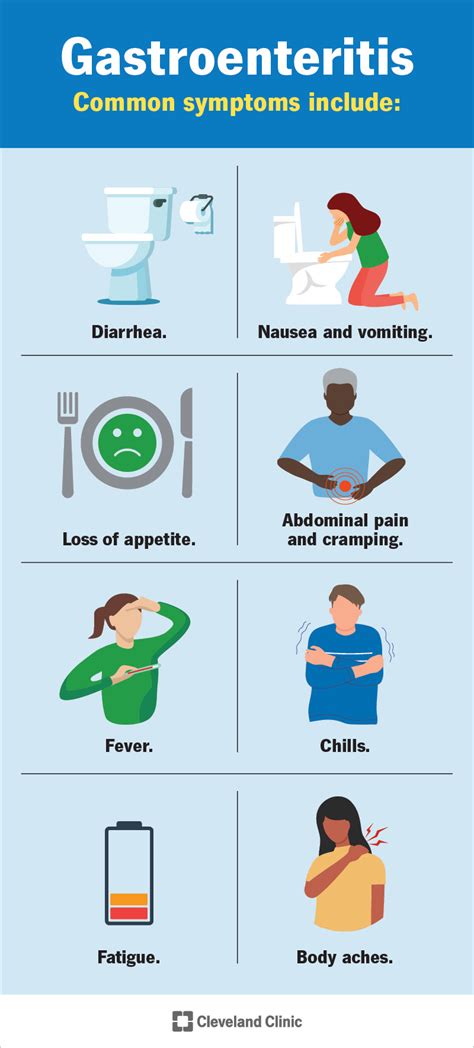
Prevention of Gastroenteritis
Preventing gastroenteritis involves practices that reduce the risk of infection. These include: - Frequent and thorough handwashing, especially after using the bathroom, before eating, and after coming into contact with someone who is sick. - Avoiding close contact with individuals who have gastroenteritis. - Ensuring that food is cooked thoroughly and handled safely to prevent contamination. - Avoiding consumption of untreated water or ice cubes when traveling to areas with questionable water quality. - Getting vaccinated against certain causes of gastroenteritis, such as rotavirus, when recommended.Conclusion and Future Directions
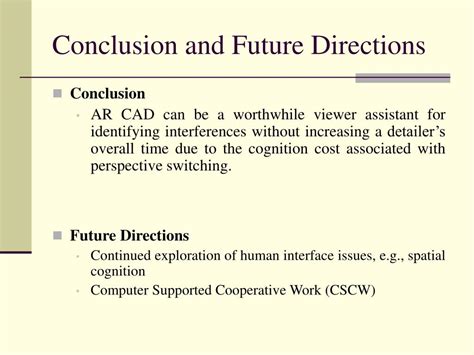
Final Thoughts on Gastroenteritis Management
The management of gastroenteritis is multifaceted, involving not just the individual affected but also their community and healthcare providers. By fostering a better understanding of the condition, its treatment options, and preventive strategies, we can work towards reducing the incidence and impact of gastroenteritis globally. Whether through personal experience or supporting a loved one, being informed about gastroenteritis empowers individuals to take control of their health and navigate the healthcare system more effectively.What are the most common symptoms of gastroenteritis?
+The most common symptoms of gastroenteritis include diarrhea, vomiting, abdominal pain, and fever. Dehydration can also occur, especially if the individual is not able to keep fluids down.
How is gastroenteritis typically treated?
+Treatment for gastroenteritis is usually supportive, focusing on relieving symptoms and preventing dehydration. This can include staying hydrated with fluids, following a bland diet, getting plenty of rest, and in some cases, taking medications to control diarrhea or vomiting.
Can gastroenteritis be prevented?
+Yes, gastroenteritis can be prevented through practices such as frequent handwashing, avoiding close contact with individuals who are sick, ensuring food is handled and cooked safely, and avoiding untreated water when traveling. Vaccinations are also available for certain causes of gastroenteritis.
We invite you to share your experiences with gastroenteritis, ask questions, or provide feedback on this article. Your input is invaluable in helping us create more informative and supportive content for our readers. If you found this information helpful, please consider sharing it with others who may benefit from learning more about gastroenteritis treatment options and preventive strategies. Together, we can work towards a healthier and more informed community.
